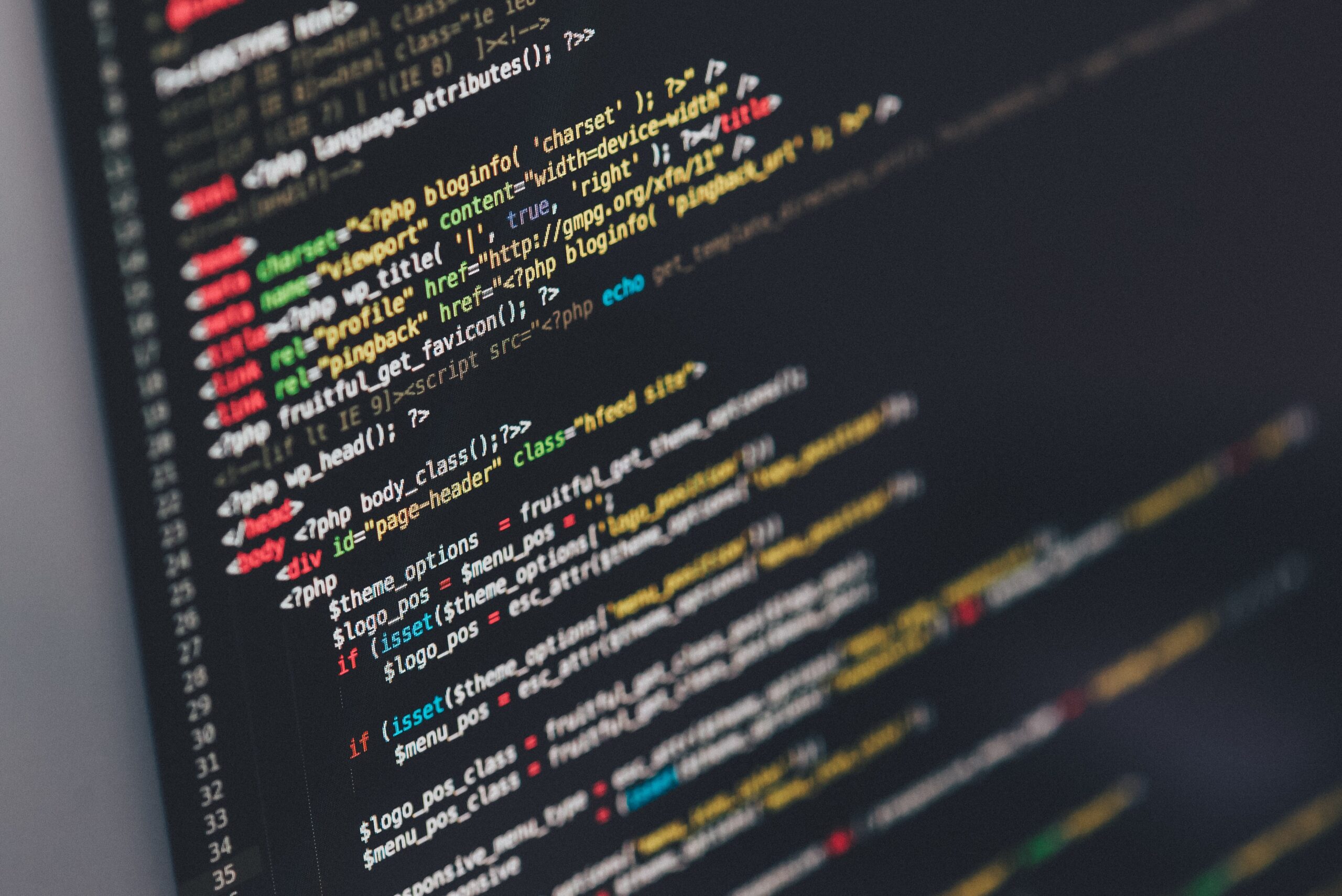Artificial intelligence, economic decisions, and ethical considerations
research areas
timeframe
2019 - 2022
contact
alexander.wagner@bf.uzh.chArtificial intelligence, economic decisions, and ethical considerations
Machine-learning algorithms optimize their performance through individual learning processes and exhibit an increasing importance in human life, such as in data processing, communication or even in writing news articles. But how do we perceive this type of artificial intelligence in general and what ethical value do we attribute to these algorithms?
Aim of the project
The overall ambition of this research project is to sharpen our understanding of how machine-learning algorithms are perceived by humans and how they affect individuals’ ethical choices in environments where these choices have economic consequences. In this project, we investigate the significance and life-like qualities – the “animacy” – that humans attribute to such algorithms when economic and ethical interests are in conflict.
Our key hypothesis is that, despite the lack of a tangible manifestation, a machine-learning algorithm can be perceived as life-like due to its ability to learn over time. Their purpose to pursue such a development provides them with an active and ambiguous future. Unlike static programs, these algorithms train themselves independently, and, by doing so, possess a unique level of optimization of their predictive power at a given point in time, depending on the processed data.
Methodology
In this project, we use the well-established rules of conducting research in behavioral economics in the analysis of human-machine interactions. The approach of economic experiments is to observe human subjects in controlled environments such as computer laboratories and to provide them with monetary incentives. In this way it is possible to measure individuals’ actual behavior and to infer preferences and expectations in a robust way. The project is currently undergoing pilot testing and first results will be released soon.
Scope of the project
Understanding the significance that individuals attribute to machine-learning algorithms is a fundamental requirement to further assess the extent to which humans perceive artificial intelligence as peers or counterparts in economic relationships. Ultimately, the project is supposed to serve as a basis for further investigations on how this type of artificial intelligence can be optimally implemented in economic settings, such as the governance of corporations and markets.
Philalgorithmy (noun), Philalgorithmist
/fɪˈlalɡərɪð(ə)mθi/
the desire to promote the welfare of algorithms, expressed especially by the generous donation of money to ensure existence and (self-)development of algorithms.



